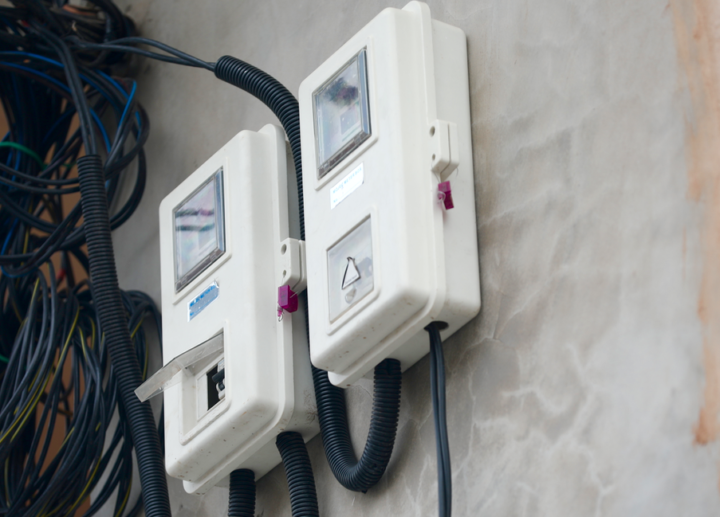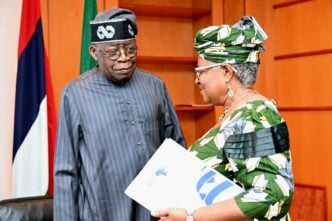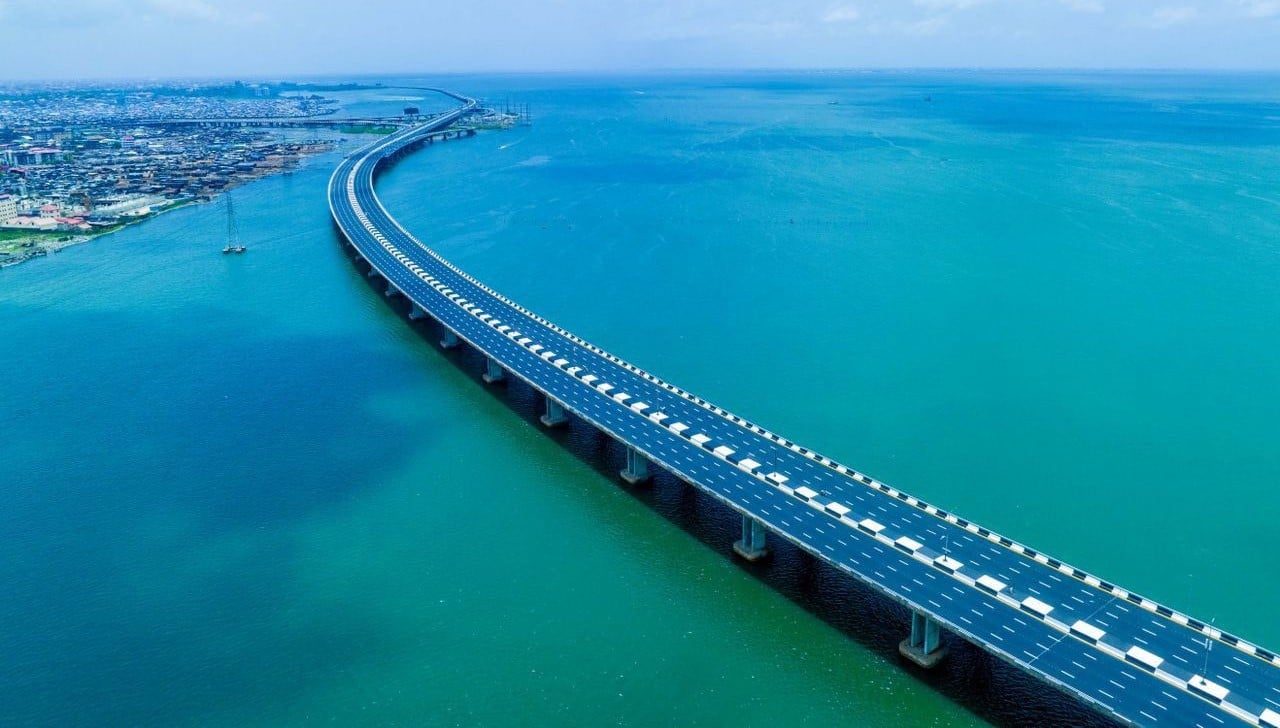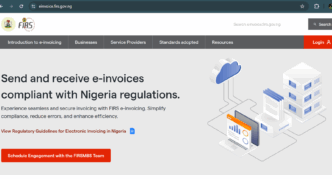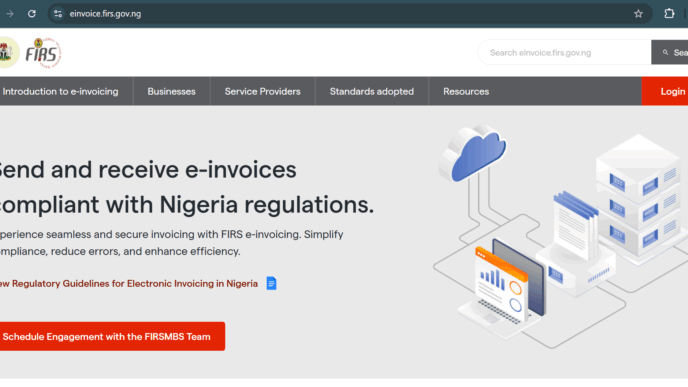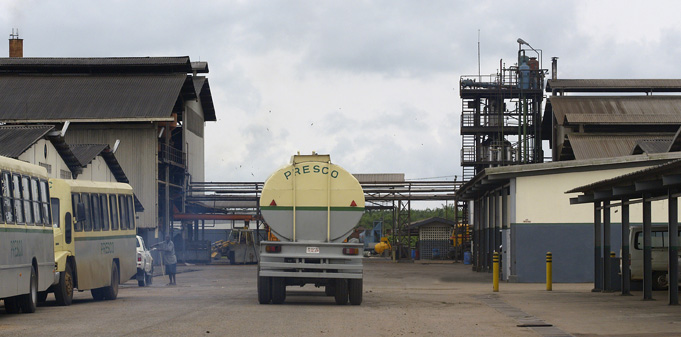The Nigerian Independent System Operator (NISO) has intervened in a dispute between the Enugu State Electricity Regulatory Commission (EERC) and the Enugu Electricity Distribution Company (EEDC) over a tariff cut in the state.
On July 21, the EERC reduced the Band A electricity tariff in Enugu to N160/kWh from N209, sparking concerns among electricity distribution companies (DisCos) and electricity generation companies (GenCos).
Three weeks later, the EERC said it had intervened to address power shortages that had left parts of the state without adequate supply.
Speaking during a stakeholders’ engagement in Abuja on Wednesday, Abdu Mohammed, NISO’s managing director (MD) and chief executive officer (CEO), warned that the standoff could destabilise the country’s electricity market.
Advertisement
According to NAN, he said the meeting was in light of the order issued by the EERC “revising the electricity tariff within the state”.
“This development, while within the remit of state-level regulatory authority under the Electricity Act 2023 (as amended), has naturally drawn significant attention from different quarters of our industry,” he said.
“Notably, we received communication from the Enugu Electricity Distribution Company indicating that in reaction to the tariff adjustment, they initiated curtailment of power supply to the state by up to 50 percent.”
Advertisement
Mohammed said such measures, if implemented, could have serious operational implications, particularly at the Transmission Company of Nigeria (TCN) and DisCo interfaces, where power transfer capacity service level agreements (SLA) were managed.
He said it has also raised questions about how such decisions interact with the operations, dispatch, commercial arrangements, and financial equilibrium of the Nigerian electricity supply industry as a whole.
“Our role in convening this discussion was grounded in both our market administration and system operations mandated through the instrumentalities of the Electricity Act 2023, the market rules and the grid code,” Mohammed said.
“Some of the grid code empowers the market operator to administer the wholesale electricity market, ensure compliance with market rules, and uphold contractual obligations.
Advertisement
“It mandates us to safeguard the financial integrity and orderly operation of the market, requires us to convene consultations when any matter arises that can materially affect market operation or settlement and assigns NISO responsibility for monitoring participants’ compliance with operational obligations.
“This includes dispatch instructions, system reliability, and service level agreements on power transfer capacity at TCN–Disco interfaces.”
‘NISO RESPONSIBLE FOR COMMERCIAL BALANCE IN ELECTRICITY MARKET’
The CEO said NISO was responsible for both commercial balance in the market and for ensuring technical stability and operational compliance, both of which may be affected by the current situation.
Advertisement
“Let me be clear from the outset, NISO approach this discussion with neutrality, respect, and an open mind, we are not here to question the authority of the regulator or the operators,” Mohammed said.
“We fully recognise the statutory powers of the Enugu State Electricity Regulatory Commission to regulate activities within its jurisdiction.
Advertisement
“We equally acknowledge the licence and operational responsibilities of the Enugu Electricity Distribution Company in serving its customers.”
Mohammed said NISO had a distinct statutory role as the administrator of the Nigerian wholesale electricity market and a quasi-regulator of market operations.
Advertisement
